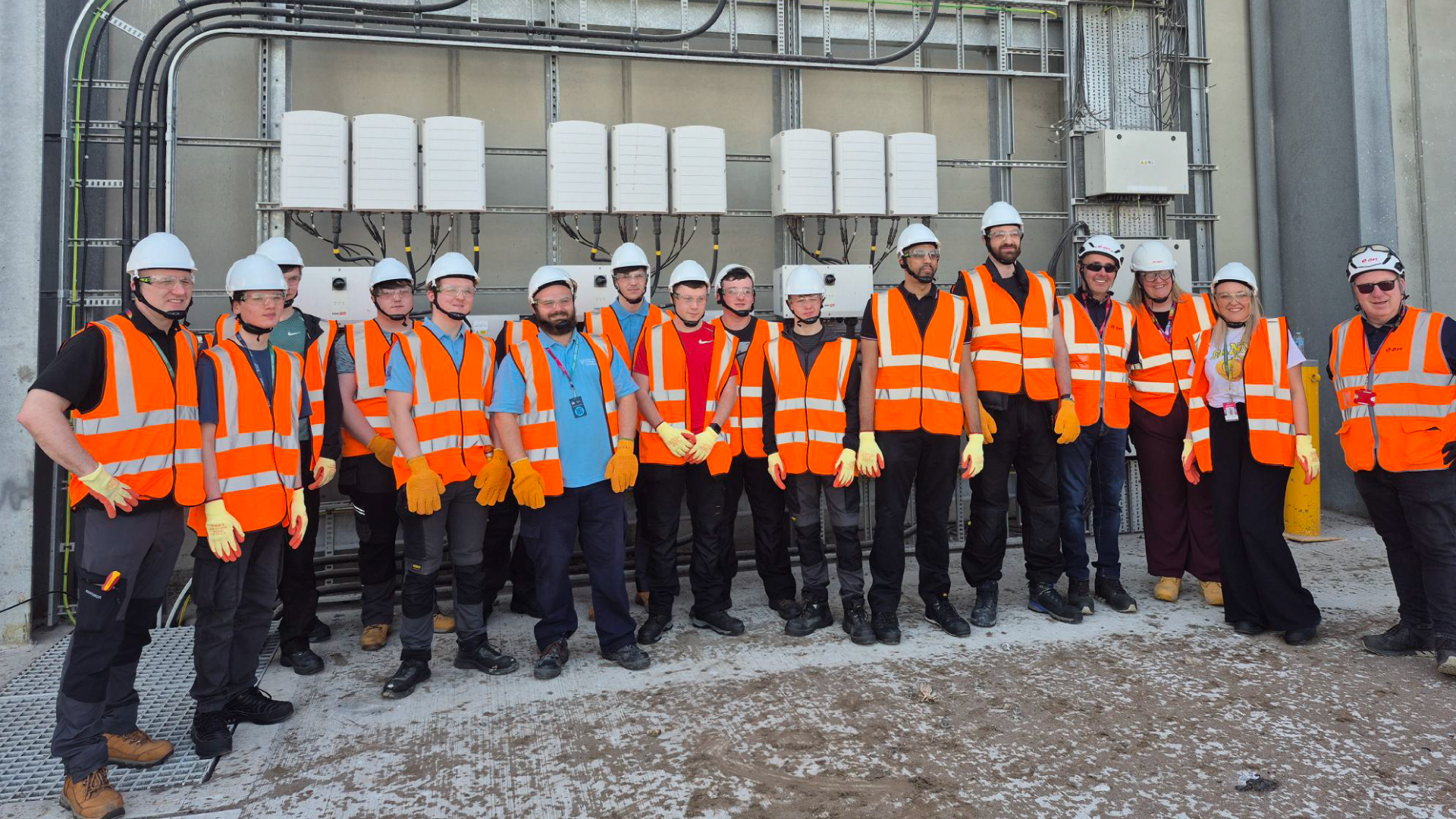Preparing Students for the Green Economy
Hugh Baird College is leading the way in sustainability and innovation in education, thanks to investments supported by the Liverpool City Region Combined Authority's Local Skills Improvement Fund (LSIF).

One such initiative has introduced cutting-edge green technologies into training programmes to prepare students for future-focused careers. These include an Air Source Heat Pump, a Biomass Boiler, microgeneration wind turbines, a Photovoltaic (PV) system with inverters and a complete off-grid system, as well as grid-tie and off-grid training systems. These advancements provide invaluable hands-on experience in renewable energy technologies, ensuring students are equipped with skills essential for the green economy.
Bridging the Gap Between Theory and Practice
The integration of green technologies into educational facilities offers students real-world opportunities to learn about renewable energy systems that are critical to achieving the UK and Liverpool City Region's net-zero targets. Students engage directly with:
- Air Source Heat Pump: Teaching students about energy-efficient heating and cooling technologies, including installation, maintenance, and their role in reducing carbon emissions.
- Biomass Boiler: Providing hands-on experience with renewable heating systems that use organic materials, enabling students to understand sustainable alternatives to traditional fossil fuels.
- Microgeneration Wind Turbines: Allowing students to explore the principles of harnessing wind energy, from design and maintenance to operational efficiency.
- PV System with Inverters: Offering insight into solar energy conversion and storage, including complete off-grid systems replicating real-world renewable energy solutions.
- Grid-Tie and Off-Grid Training Systems: Enabling students to compare and contrast energy systems that operate with or without connection to the national grid, preparing them for varied roles within the green energy sector.
Innovation in Action
Students have also been involved in a groundbreaking experiment with a Collectric Prototype, which directly heats a hot water cylinder using a PV system. Initially expected to require grid support to reach safe temperatures, the project surpassed expectations, achieving 65-70°C (the minimum required for health and safety) using just five panels — entirely off-grid.
These initiatives align with the Liverpool City Region's Local Skills Improvement Plan (LSIP), addressing skills shortages in the growing green economy. Construction and trades students are now accessing training that mirrors real-world applications in priority industries. This ensures graduates enter the workforce with the knowledge and technical expertise demanded by employers focused on renewable energy, sustainable construction, and energy efficiency.
By working directly with these systems, students are well-prepared for roles in hydrogen infrastructure, solar and wind energy development, and off-grid solutions — all vital to driving the region's economic and environmental sustainability.
For more information about the Construction courses available at Hugh Baird College, visit www.hughbaird.ac.uk/construction.














